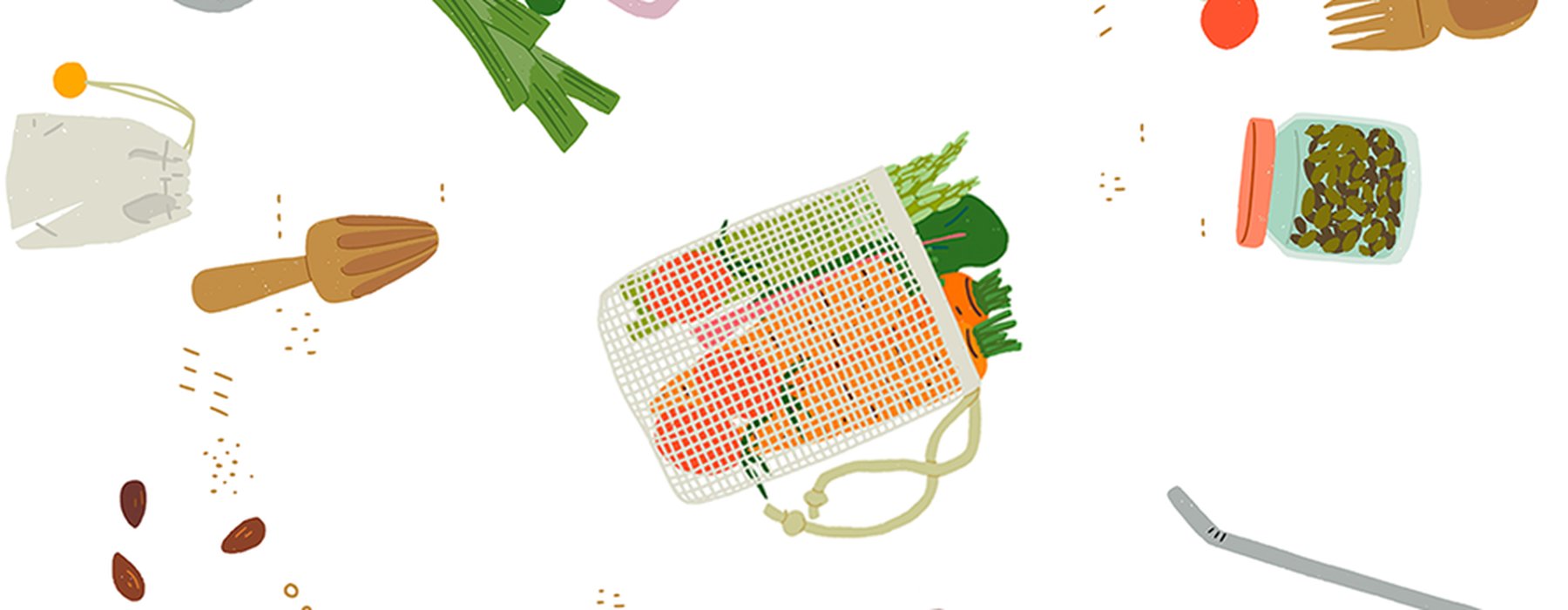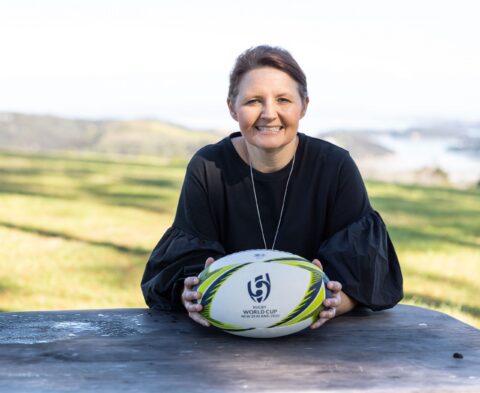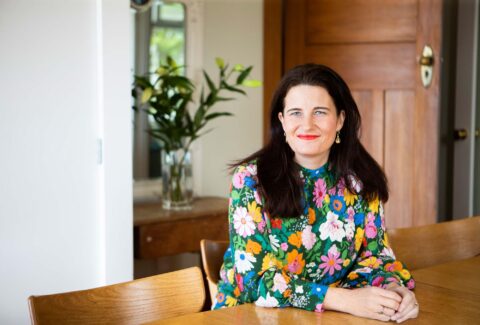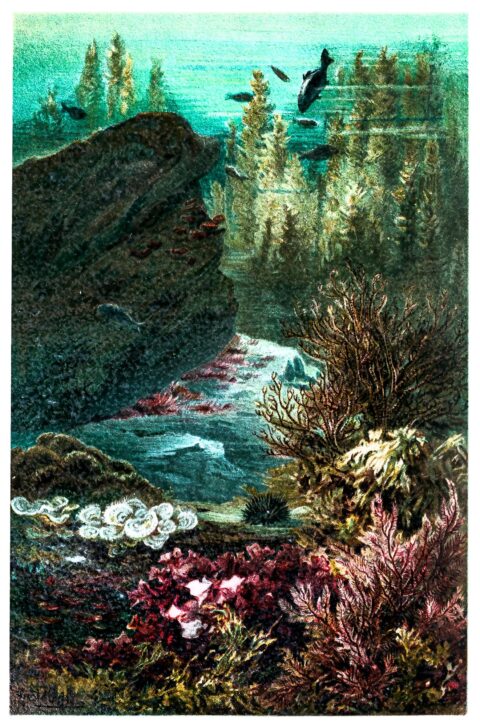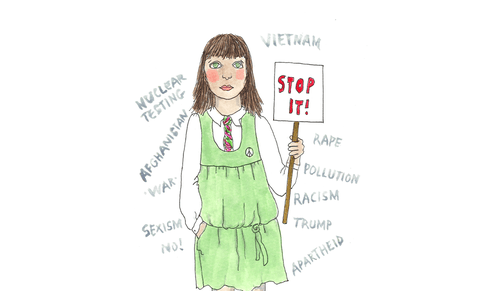Now’s the perfect time to reconsider your relationship with plastic. Here are 10 tips to help you navigate the challenge.
While it’s worth reducing your plastic use any time of year, Plastic Free July serves as a starting point for those setting out on their journey, or as a reminder and motivator for people wanting to intensify their efforts.
The movement, founded by Australian Rebecca Prince-Ruiz in 2011, has now inspired an estimated 326 million people in 177 countries to reconsider their relationship with plastic. But there’s no expectation to navigate the plastic-free process perfectly – it’s all about starting small.
You can sign up for one day, one week or one month, and challenge yourself to avoid single-use plastic packaging, target takeaway items (what the organisation calls the top four: bags, bottles, straws and coffee cups) or go completely plastic-free.
Sign up and check out the resources available at plasticfreejuly.org, or set your own challenge and keep yourself accountable on social media with the hashtags #plasticfree and #plasticfreejuly.
These tips from my own journey to reduce plastics should help too.
1. Bring your own takeaway containers and cutlery when ordering food to go
It’s usually easier to do this in person, but if you want to order ahead, try requesting your food to be put on a plate or left in the pan until you arrive with your container. Unfortunately, it’s harder when ordering delivery, but you can call and check what packaging the restaurant uses before ordering online and opt for places which use plastic-free packaging. You can also ask for no plastic cutlery or other items in your order notes.
2. Cut down on packaging at the source
Buy food and other items without packaging by using your own bags and containers at markets, bulk stores, butchers and fishmongers, or in the deli, bakery, butchery, seafood and produce sections of your supermarket. You can also grow your own veges and make things like bread, soup, stock and plant-based milks.
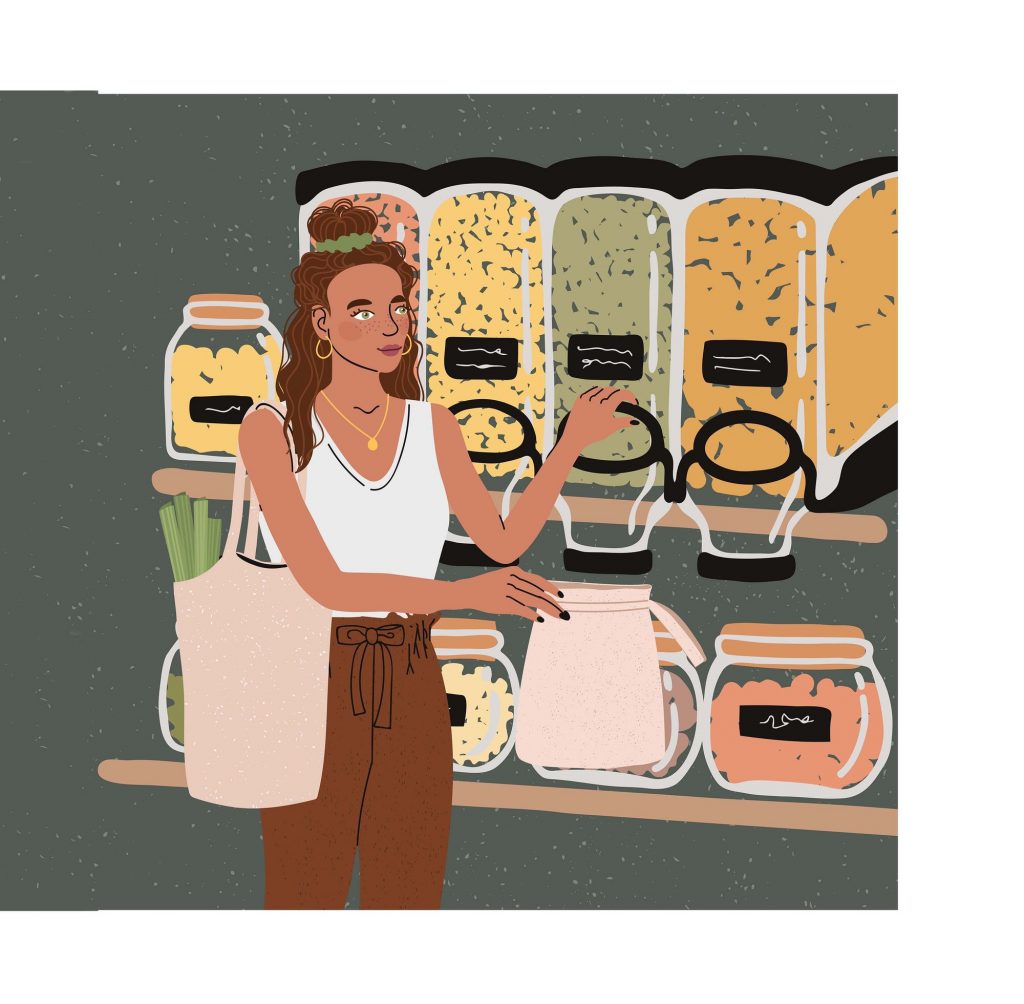
3. Buy less “stuff” to reduce the amount of packaging you end up with
When you do need something, try borrowing it or buying it second-hand. If you buy new, choose plastic-free alternatives – with minimal or no packaging – which are made to last. It can be easier to avoid packaging and refuse extra wrapping/bags when shopping in-store, but if you order online, you can try requesting recycled card and paper packaging.
4. Make a pet poo composter
If you have a pet, you can make a pet poo composter for your backyard (if you have space). Follow eco influencer Ethically Kate’s lead and use a jar and scoop rather than a plastic bag to pick up dog poo while out and about.
5. Switch to reusables for as many items as you can
Period products, nappies, shopping bags, dish cloths, food wrap, straws, drink bottles, coffee cups are all great alternatives – and make sure you keep items you use often on you or in your car so you don’t get caught out without them.
6. Use newspaper to line your bin
Or go without a liner and wash the bin instead, to cut down on extra plastic bags going to landfill.
7. Say no to plastics
Plastics can still sneak onto your plate when you dine in at a restaurant or cafe. Tell the staff you are doing Plastic Free July, and ask for no plastic straws, sauce containers etc, with your order.
8. Avoid plastic bottles
Use solid shampoo soap, deodorant, moisturiser and more to avoid plastic bottles, or visit a refillery for liquid products (if you have one in your region).
9. Get crafty and ditch the disposables
Got a birthday or other celebration in July? Make it festive with reusable bunting, flowers and candles, rather than balloons and plastic decorations. You can also ditch the disposables and pick up plates, glasses and cutlery at the op shop, or borrow some from family and friends.
10. Choose glass packaging
If you need to buy something which comes in a bottle or jar, choose glass packaging rather than plastic. Not only are glass containers perfect for reusing, glass is infinitely recycled here in Aotearoa and does not release harmful toxins if it breaks down in the environment.

